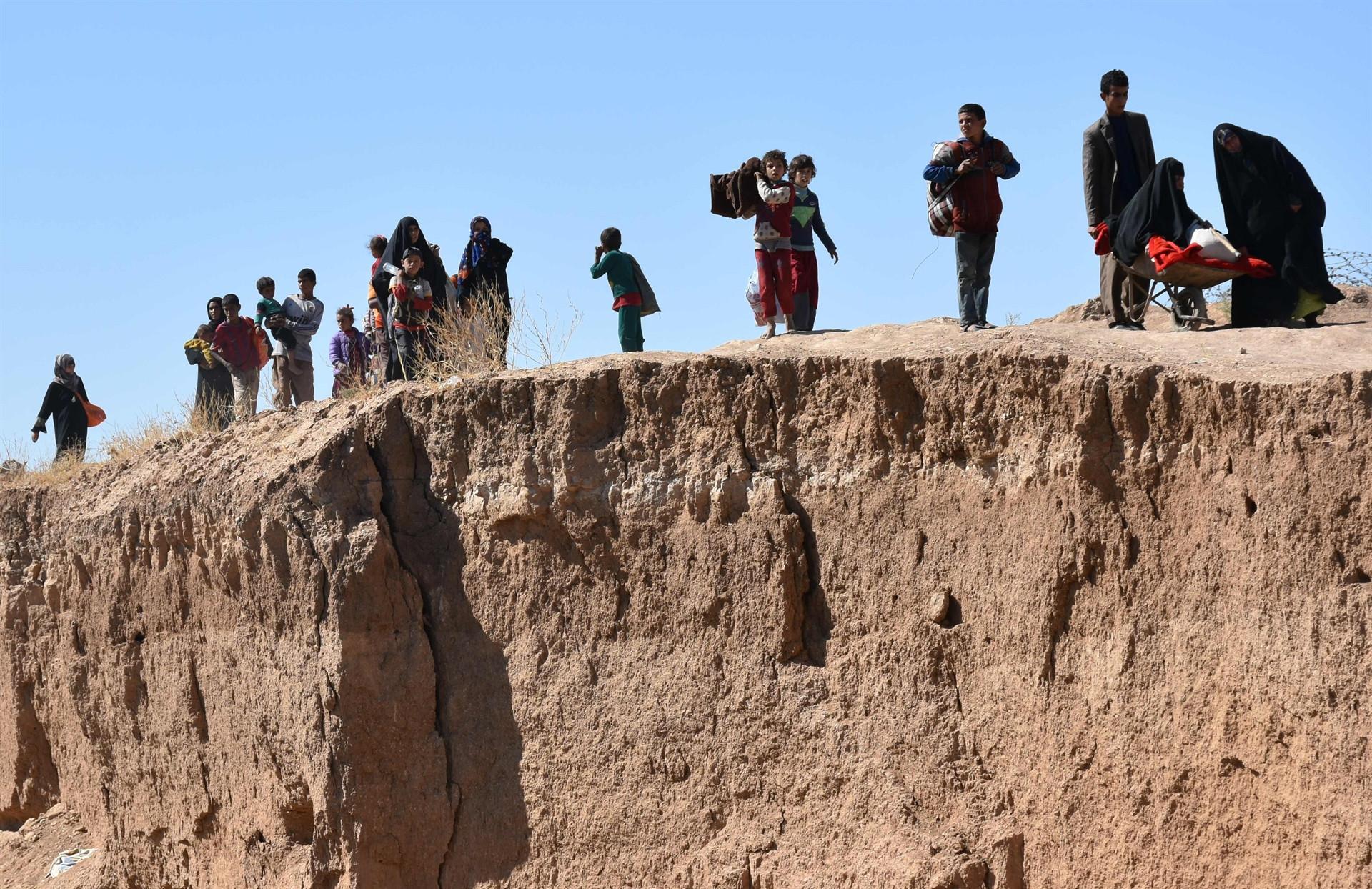
Iraqi forces launched a final assault on Oct. 5 to capture Hawija, one of two pockets of territory in Iraq still under Islamic State of Iraq and the Levant (ISIL) control, entering the town’s outskirts after several hours of fighting, military commanders said.
Iraqi state TV broadcast live footage showing the area covered by thick black smoke, rising from oil wells torched by the militants as a tactic to prevent detection from the air. Hawija is located near the oil city of Kirkuk, in northern Iraq.
Seven hours into the operation, Iraqi forces riding in armoured vehicles and under helicopter cover broke into the Askari and Nidaa neighborhoods on the western side of the city, a military commander told Reuters.
The offensive on Hawija is being carried out by U.S.-backed Iraqi government troops and Iranian-trained and armed Shi’ite paramilitary groups known as Popular Mobilisation.
They began moving on the town of Hawija two days after capturing the Rashad air base, 30 km (20 miles) to the south and used by the militants as a training and logistics site.
Iraq launched an offensive on Sept. 21 to dislodge Islamic State from Hawija and surrounding areas where up to 78,000 people could be trapped, according to the United Nations.
Iraqi security officials say the militants are preventing some residents from leaving, while others are afraid of escaping towards government forces because of explosives that might have been laid by Islamic State around the town.
The other area of the country still under the control of the militant group is a stretch of land along the Syrian border, in western Iraq, including the border town of al-Qaim.
The militants also hold the Syrian side of the border at al-Qaim, but the area under their control is shrinking as they retreat in the face of two different sets of hostile forces - a U.S.-backed, Kurdish-led coalition and Syrian government troops with foreign Shi’ite militias backed by Iran and Russia.
ISIL’s cross-border “caliphate” effectively collapsed in July, when U.S.-backed Iraqi forces captured Mosul, the group’s de facto capital in Iraq, in a grueling battle which lasted nine months.
The militants’ leader Abu Bakr al-Baghdadi, who declared the caliphate from Mosul in mid-2014, released an audio recording last week that indicated he was alive, after several reports he had been killed.
He called on his followers to keep up the fight despite the setbacks.